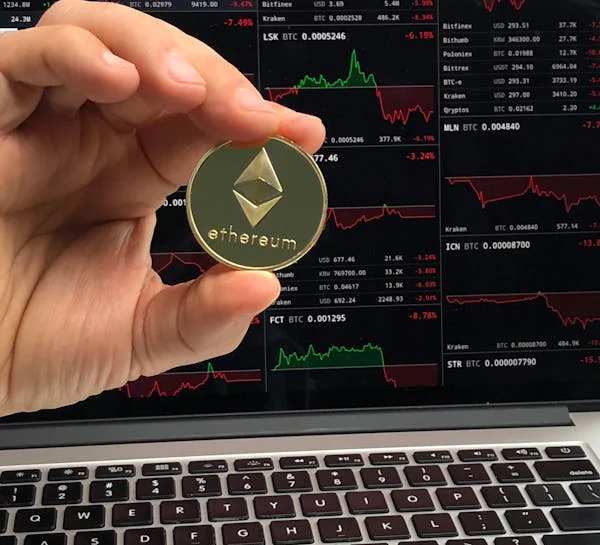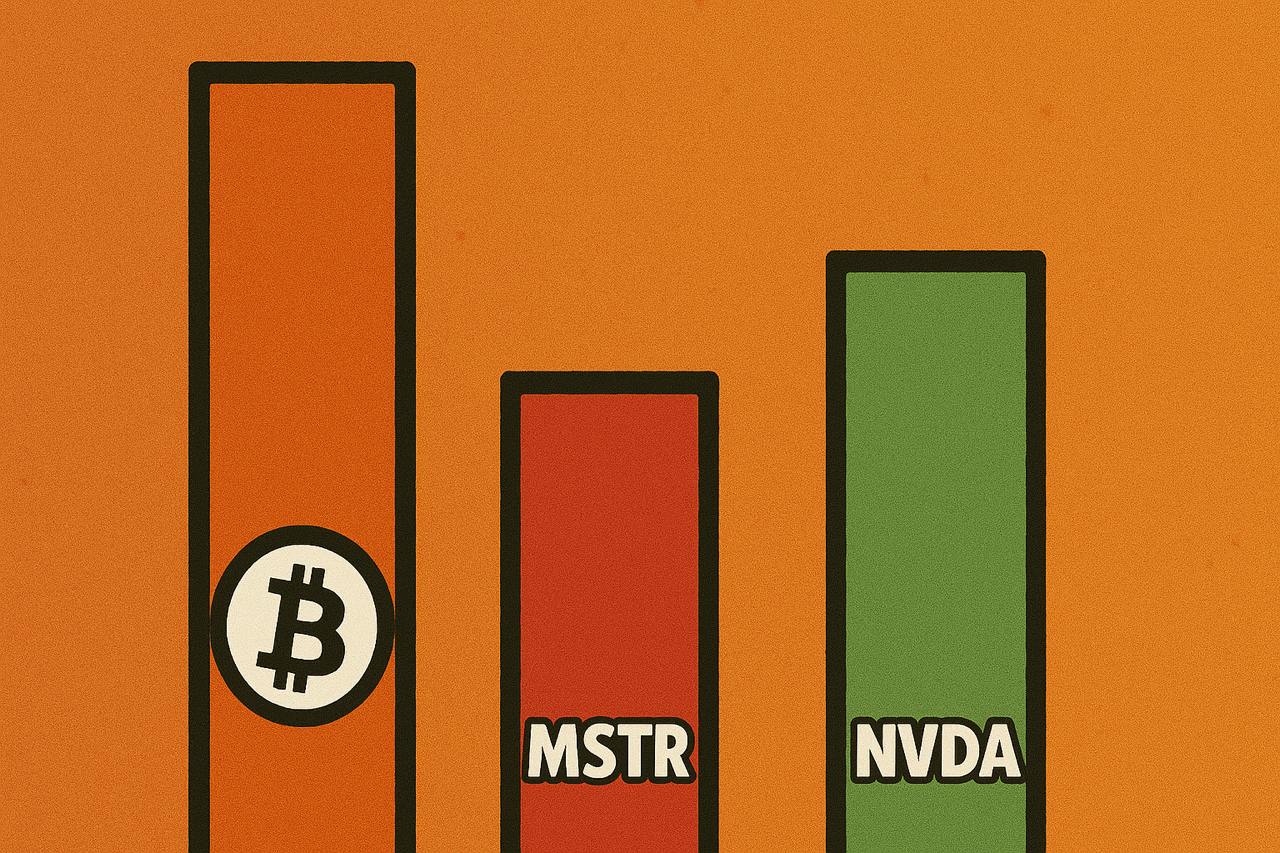All You Need to Know About the Pectra Upgrade Scheduled for Tomorrow
With the ecosystem growing at an unprecedented pace, this upgrade aims to streamline operations across both the execution and consensus layers, promising better performance, improved user experience, and greater scalability.
Why Ethereum Upgrades Matter
Since Ethereum’s inception in 2015, its success has hinged on its ability to adapt and improve. Through frequent updates known as Ethereum Improvement Proposals (EIPs), the protocol evolves to address technical limitations and respond to the pressures of competition. Each upgrade helps Ethereum stay ahead in a crowded market filled with emerging Layer 1 blockchains vying for users, developers, and capital.
Historic upgrades like The Merge (Paris, 2022), which transitioned Ethereum from Proof of Work to Proof of Stake, and Dencun (2024), which significantly cut transaction costs on Layer 2s, laid the groundwork for today’s developments. Now, the Pectra upgrade carries that legacy forward with some game-changing innovations.
What’s New in the Pectra Upgrade?
1. Smart Accounts and Account Abstraction
One of the most groundbreaking changes in Pectra is the introduction of smart accounts, enabling users to access advanced transaction features previously available only to smart contracts. With the adoption of EIP-7702, externally owned accounts (EOAs) can now temporarily behave like smart contracts. This allows users to group transactions, automate actions, and even pay gas fees using different tokens—making Ethereum more user-friendly and flexible than ever before.
READ MORE:

XRP Whale Activity Surges as 300,000+ Wallets Now Hold 10,000+ Tokens
2. Improved Validator Efficiency
With EIP-7251, the maximum staking limit per validator jumps from 32 ETH to 2,048 ETH. This change dramatically reduces the number of validators required, helping streamline consensus operations, cut down on communication overhead, and boost network efficiency—without sacrificing decentralization.

3. Faster and More Secure Validator Onboarding
Another key change, EIP-6110, transitions validator deposit processing onto the blockchain’s consensus layer. This lowers the security risks associated with off-chain processing and reduces the time it takes for new validators to go live.
4. Lower Fees and Better Data Handling
Ethereum continues its pursuit of affordability with EIP
Ethereum Improvement Proposal
5. Smarter Staking Withdrawals
Thanks to EIP-7002, staking withdrawals can now be controlled directly by smart contracts. This enhances automation for staking services, improves user control, and enables safer and more flexible withdrawal mechanisms—particularly useful for decentralized Staking
Staking involves actively participating in transaction validation (similar to mining) on a PoS-based blockchain. Users who hold the minimum required balance of a specific cryptocurrency can validate transactions and earn rewards. These rewards are set by the network and are then sent to the user’s wallet.
Why This Upgrade Matters
The Pectra upgrade is more than just a technical refresh. It’s a strategic leap toward making Ethereum more scalable, secure, and developer-friendly—essential traits for its survival in an increasingly competitive blockchain landscape. As new platforms rise to challenge Ethereum’s dominance, continual upgrades like Pectra are vital to keeping the network ahead of the curve.
READ MORE:

How Much Has MicroStrategy Gained Since Adopting the Bitcoin Standard?
Final Thoughts
With Pectra scheduled for deployment tomorrow, users, developers, and stakers should prepare for a smoother, smarter Ethereum experience. Whether you’re a casual user benefiting from lower fees, a validator enjoying streamlined processes, or a dApp builder leveraging new smart account features—this upgrade brings something valuable to everyone in the ecosystem.
Stay tuned for the official activation, and get ready to explore a more capable Ethereum.
The post All You Need to Know About the Pectra Upgrade Scheduled for Tomorrow appeared first on Coindoo.
Disclaimer: Investing carries risk. This is not financial advice. The above content should not be regarded as an offer, recommendation, or solicitation on acquiring or disposing of any financial products, any associated discussions, comments, or posts by author or other users should not be considered as such either. It is solely for general information purpose only, which does not consider your own investment objectives, financial situations or needs. TTM assumes no responsibility or warranty for the accuracy and completeness of the information, investors should do their own research and may seek professional advice before investing.
Most Discussed
- 1
- 2
- 3
- 4
- 5
- 6
- 7
- 8
- 9
- 10